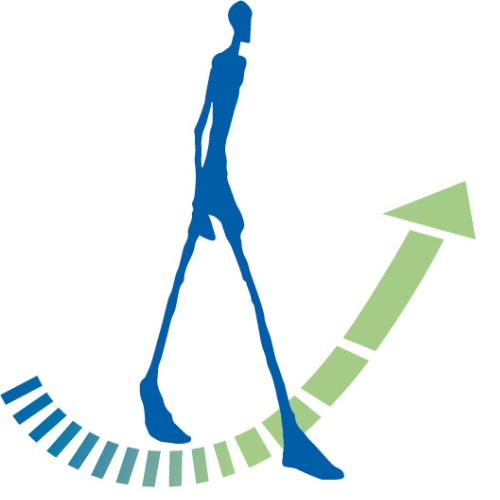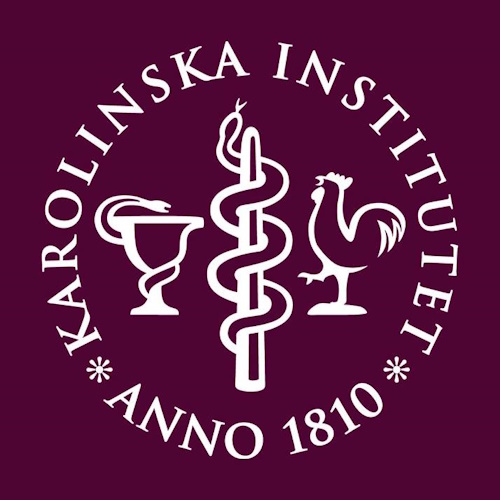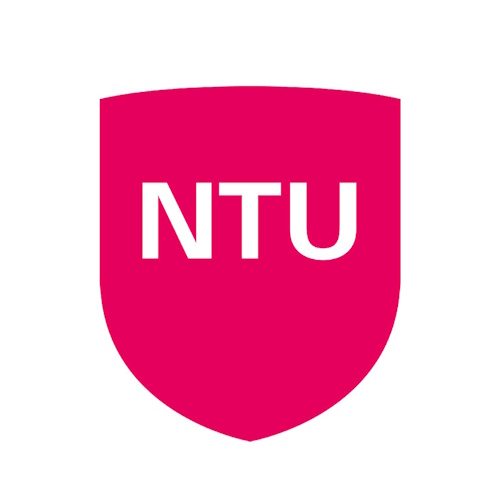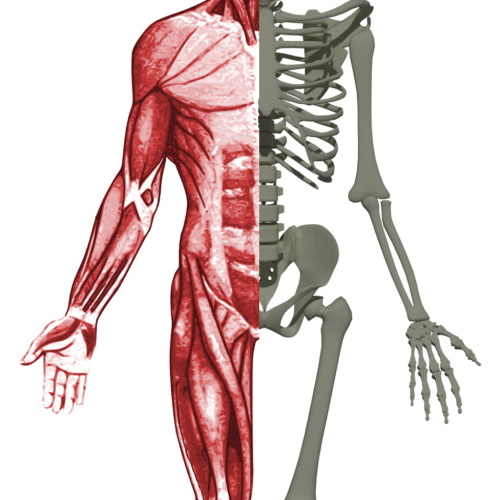Key points from article :
A study by Nottingham Trent University explored how genes influence muscle ageing and sarcopenia, a condition characterised by severe muscle loss in older adults. The research, involving collaborations with Sweden’s Karolinska Institute and Anglia Ruskin University, used artificial intelligence (AI) to analyse gene expression datasets from both younger adults (aged 21-43) and older adults (aged 63-79). The team aimed to identify key genes that could lead to potential therapies for muscle ageing and sarcopenia.
Through this analysis, the researchers discovered that the gene USP54 plays a critical role in muscle ageing and degradation. This finding was confirmed through muscle biopsies in older adults, where the gene was found to be highly expressed. The study also identified several other genes linked to resistance exercise, which could help guide the development of exercise-based interventions to preserve muscle mass in older individuals.
Currently, physical exercise is the only recommended treatment for muscle ageing and sarcopenia, helping improve life expectancy and delay age-related physical disabilities. However, the discovery of these genes offers new targets for drug development, potentially leading to therapies that could slow down muscle loss and reduce the risk of falls and disabilities among older people.
Dr. Lívia Santos, an expert in musculoskeletal biology at Nottingham Trent University, emphasised the importance of understanding the genetic mechanisms behind muscle ageing. According to Dr. Santos, AI allowed the team to discover genes and molecular pathways previously unknown in this area. The findings offer hope for delaying the ageing process and improving health outcomes for older adults.
The study was published in the Journal of Cachexia, Sarcopenia and Muscle, marking a significant step in the understanding and treatment of muscle ageing.









